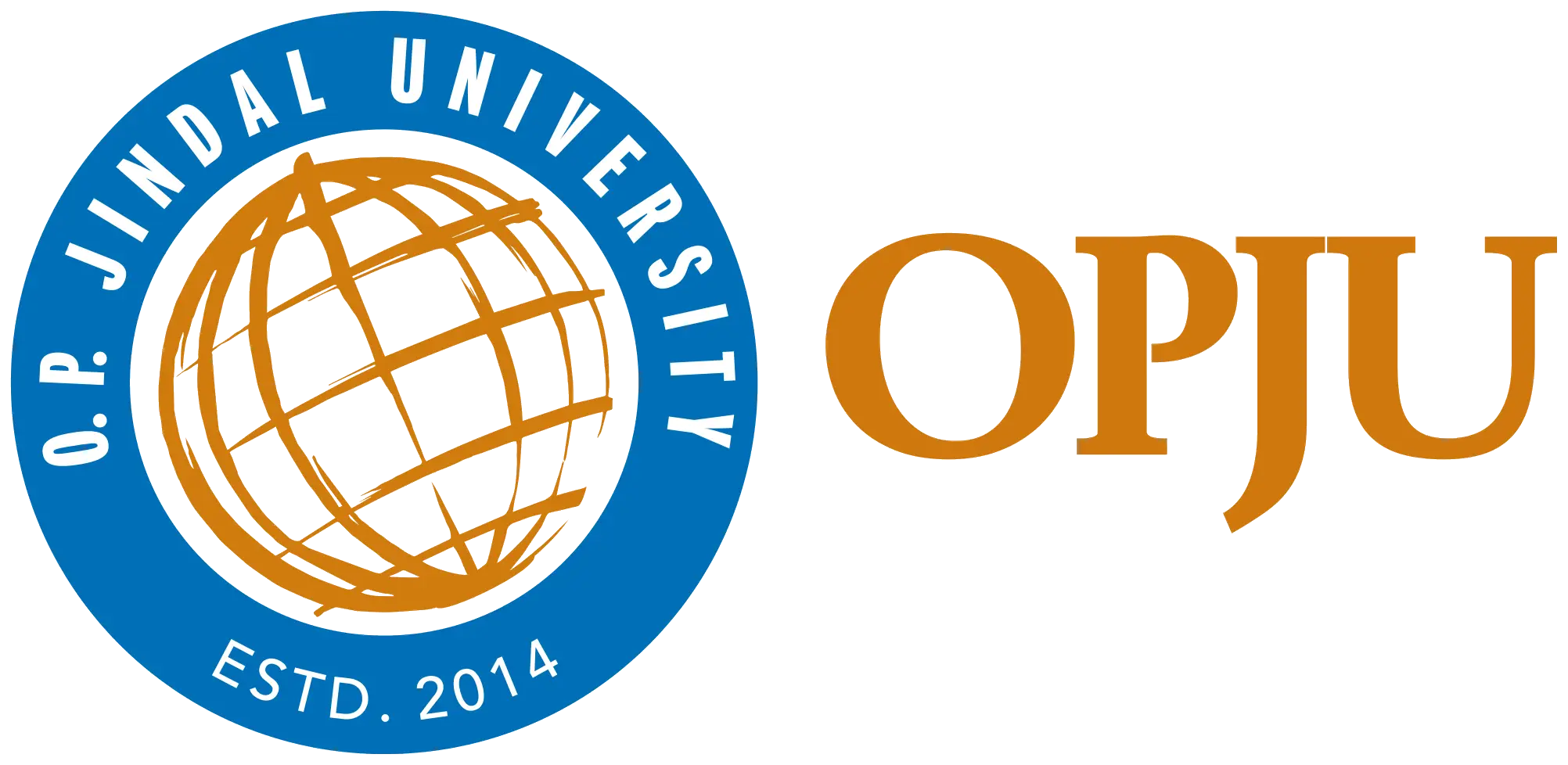The Bachelor of Science (Physics) at O. P. Jindal University is a four-year program designed to provide students with a strong foundation in Physical sciences while integrating hands-on laboratory training and research exposure. Established in 2018 under the School of Science, the Department of Physics ensures students gain industry-ready skills through application-based learning, equipping them for diverse scientific careers.
The curriculum offers a balanced mix of theoretical knowledge and practical experimentation, covering Physical Science. Students engage in research-driven projects, seminars, assignments, and continuous assessments, fostering critical thinking, problem-solving, and technical proficiency. The department’s state-of-the-art laboratories allow students to perform qualitative and quantitative analysis, synthesis, separation, and characterization of compounds, while computational tools enhance their ability to analyze complex scientific data.
With active research in students gain exposure to emerging trends in scientific advancements. The program ensures strong communication skills, teamwork, ethical awareness, and adaptability, preparing graduates for career opportunities in pharmaceuticals, chemical industries, environmental science, material science, healthcare, biotechnology, and research laboratories. Graduates can also pursue higher studies, academic positions, and entrepreneurial ventures.
This rigorous and dynamic program nurtures competent, empowering them with specialized knowledge and industry-relevant skills to excel in scientific research, industrial applications, and technological innovation.




-Physics-in-Association-with-Intel-FICE-thumb-thumb.jpg)